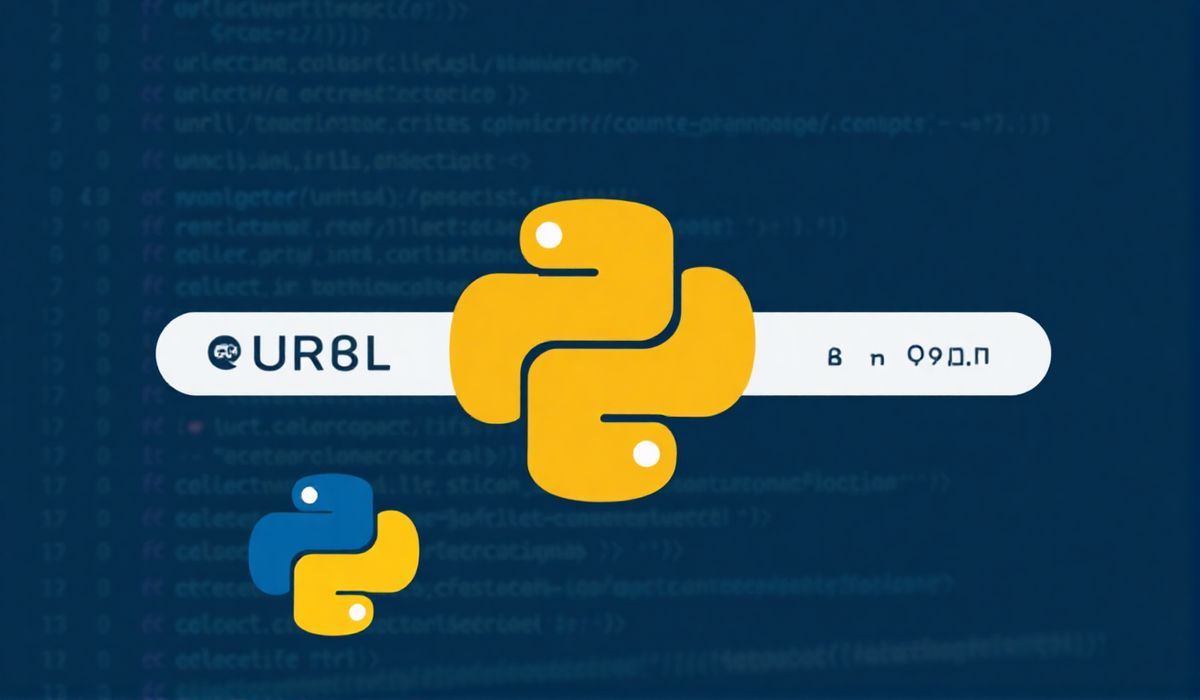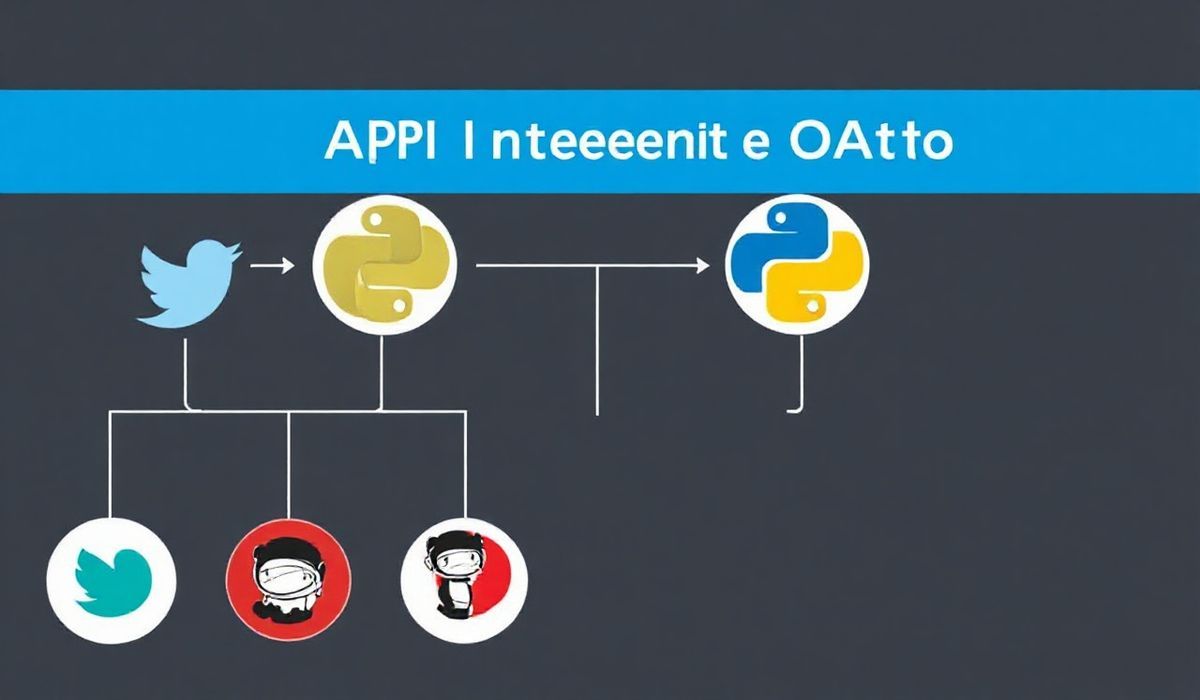Introduction to PyObjC Core
PyObjC is a bridge between Python and Objective-C, allowing you to call Objective-C APIs from Python. This is crucial for macOS applications, making Python a powerful language for developing macOS software. In this blog post, we will delve into `pyobjc-core` and explore dozens of useful APIs with code snippets. We will also create a sample app utilizing the introduced APIs.
API Examples
1. Calling Objective-C Methods
from Foundation import NSObject
class MyClass(NSObject):
def init(self):
self = super(MyClass, self).init()
if self is None: return None
return self
obj = MyClass.alloc().init()
2. Working with NSString
from Foundation import NSString
py_string = "Hello, PyObjC!"
ns_string = NSString.stringWithString_(py_string)
print(ns_string)
print(ns_string.lowercaseString())
3. Using NSArray
from Foundation import NSArray
py_list = ["apple", "banana", "cherry"]
ns_array = NSArray.arrayWithArray_(py_list)
print(ns_array)
print(ns_array.objectAtIndex_(1))
Building a Simple macOS App
Let’s create a basic macOS application using PyObjC.
1. Define the Application Delegate
from Cocoa import NSApplication, NSApp, NSObject, NSWindow, NSWindowStyleMask
class AppDelegate(NSObject):
def applicationDidFinishLaunching_(self, notification):
self.create_menu()
self.create_window()
def create_menu(self):
NSApp.mainMenu().addItem_(self.create_menu_item())
def create_menu_item(self):
menu_item = NSApplication.sharedApplication()
return menu_item
def create_window(self):
self.window = NSWindow.alloc().initWithContentRect_styleMask_backing_defer_(
((200, 500), (600, 400)),
NSWindowStyleMask.titled | NSWindowStyleMask.closable,
2,
False
)
self.window.setTitle_("My Simple App")
self.window.makeKeyAndOrderFront_(None)
2. Run the Application
if __name__ == "__main__":
app = NSApplication.sharedApplication()
delegate = AppDelegate.alloc().init()
app.setDelegate_(delegate)
app.run()
That’s it! You have created a simple macOS application using PyObjC. This application sets up a basic window and a menu item.
Exploring the `pyobjc-core` library can greatly enhance your ability to create efficient and powerful macOS applications using Python. We hope this guide has been a valuable resource and inspires you to dive deeper into macOS development with PyObjC.
Hash: cbf7dfea4f6cb5a245b60db0e890081afad346baf0784dc962f244c5b2336db1




